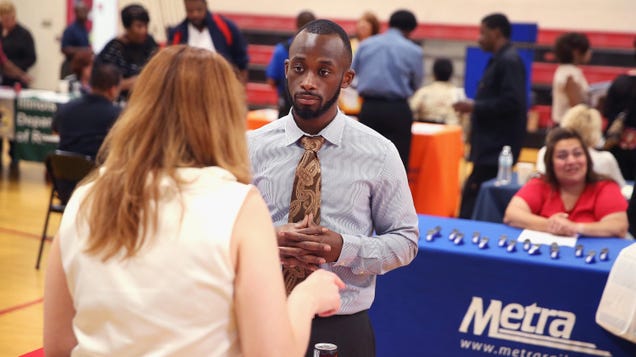They fought for a country that didn’t yet recognize them as full citizens. Hidden in the tapestry of American heroism, their stories wait, bursting with valor, sacrifice, and irony. This is about the Forgotten Soldiers: African Americans in the American Independence War and Civil War.
The Ironic Glory: Fighting for Freedom, but Not Free
Let’s start with a thick slice of irony: imagine being an African American soldier in the Independence War or the Civil War. You're fighting for "liberty" or "union," but you aren't free. You're not even considered a full citizen. Oh, the audacity! You'd think the Founding Fathers and Confederate Generals were trying out material for a future Comedy Central special, given the contradictions.
But let’s not just crack jokes. The African Americans who fought in these wars were not laughing stock. They were game-changers, advocates for justice in the making. They were the embodiment of resilience, bravely carrying muskets and ideals even heavier than that. They navigated through social quagmires we can't even begin to understand, while also directly contributing to shaping this nation. They laid down their lives with the hopes of better days not just for themselves but for future generations.
The Forgotten Morning Salute
Now, how do you keep these ‘Forgotten Soldiers’ in your daily consciousness? Try this. Every time you sip your morning coffee—let’s call it your “Freedom Brew”—take a moment to reflect on what freedom cost and who paid its price. In your own way, salute these unsung heroes. A nod, a sip, and a silent thank-you. It’s a daily habit as simple as brushing your teeth, but with the depth of a thousand history books.
A Story to Ignite Your Patriotism
Now, ever heard of James Armistead? This man was a double agent during the American Revolutionary War. That's right—a Black double agent when America was still in beta testing. Hired by Lafayette, he infiltrated British camps, gaining the trust of none other than Benedict Arnold. Talk about playing 4D chess in a time of muskets and cannonballs! The intelligence he gathered was invaluable, turning the tide of battles and proving pivotal in the defeat of the British at Yorktown. Are you not riveted? Does that not shake your very understanding of the term "hero"? Share his story, not just because it’s jaw-dropping, but because it’s American history. Our history.


